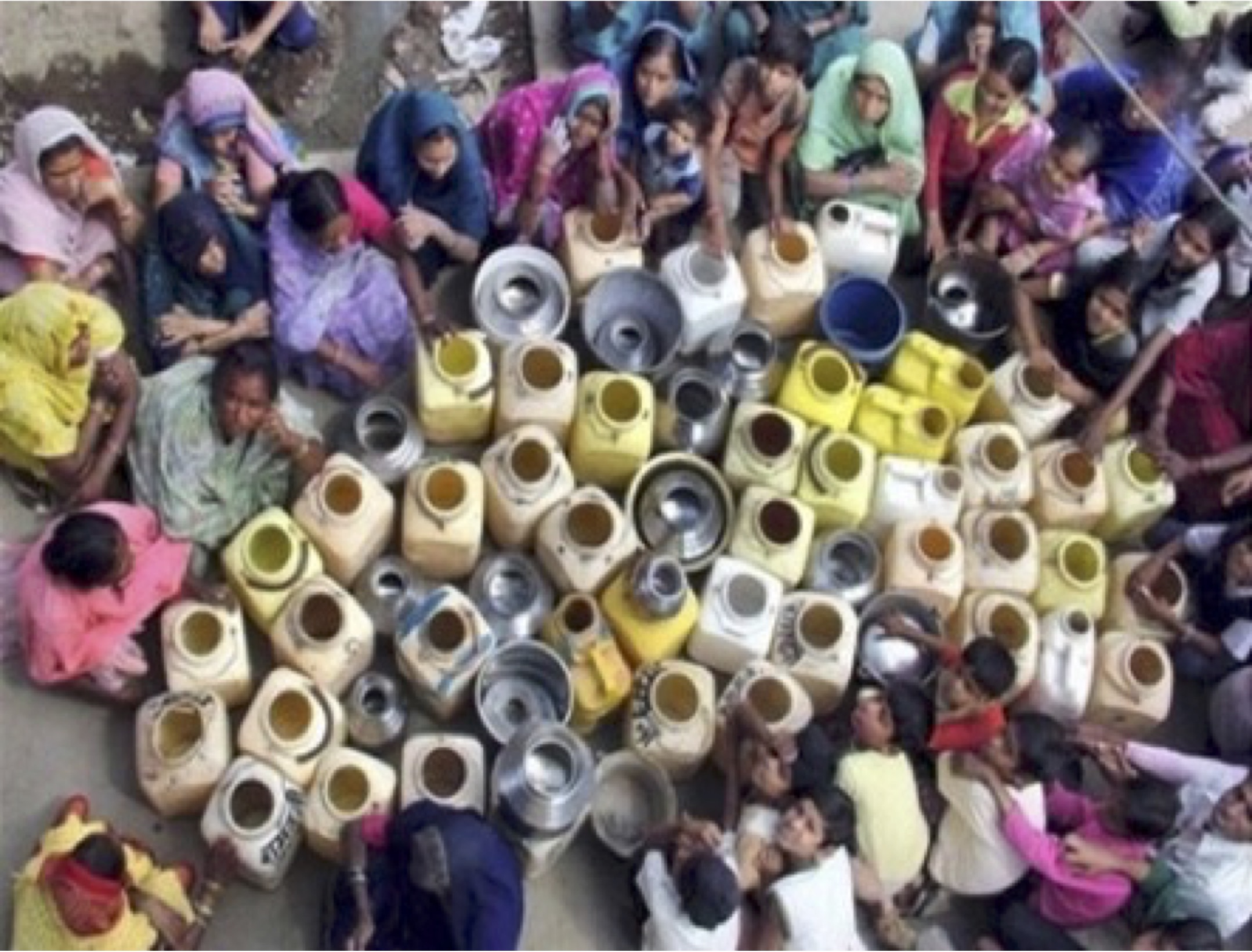“My child, he’s coughing, has fever, and stop eating!” This young mother in Angola, Africa held in her arms a four-year-old. His fast breathing, dry mouth, and somnolent countenance alarmed me. The year was 2020. Was her boy suffering from pneumonia, bronchitis, tuberculosis? Could it be Covid-19? At the beginning of the pandemic, many pressing questions were unclear: testing for the infection, effective prevention, reliable treatment. But one fact was certain: those people most vulnerable – low income, minorities, chronically ill – were also most likely to die.
At the Institute for International Medicine, we make use of the Human Development Index as an objective measure of human well-being. It takes into account just three measurable parameters: education, income, and life expectancy. The pandemic resulted in at least one, often two, lost years in primary and secondary education throughout the world. Most nations saw a drop in their income of 5 to 10%. A sample of 29 nations registered loss in life expectancy as well.
With the COVID-19 pandemic now largely under control, thanks to vaccination and growing natural immunity, what is a strategy towards Post-Covid Global Health? The Human Development Index is not only a useful measure, but also an effective strategy. This is because increases in education, income, and physical health all complement one another.
In the context of Angola, adult education is particularly important to health. Today’s adults that grew up during the Angola Civil War often could not attend school, and are only now learning to read and write thanks to hospital-led initiatives. With growing literacy, adults now have better jobs, better income, and are better able to afford healthy food and medical care.
Provision of drinking water is also critical to income. Look closely at the image above. Is there something better these women could be doing than waiting for water? They could be running businesses and generating money. To address this economic barrier, our hospital arranged the digging of deep wells to provide drinking water throughout the community. As a result, women have become entrepreneurs, purchasing modern homes that protect their families from the ubiquitous mosquitoes and malaria.
Health professions education is pivotal to the physical health of a nation. Angola offers little advanced nursing or medical training. In response, INMED’s Training Site CEML Hospital launched a two-year internship to provide a structured learning environment in which new practitioners can safely advance their skills to help Angolans maintain and restore their health.
What could be your own role in advancing comprehensive health? This is not work to be done in isolation. Rather, inspiration and partnership are crucial. Where can you meet like-hearted people? I recommend the Humanitarian Health Conference, held June 9-10 in-person in Kansas City. Here you can share ideas with healthcare leaders serving vulnerable people and identify your role in Post-Covid Global Health.

